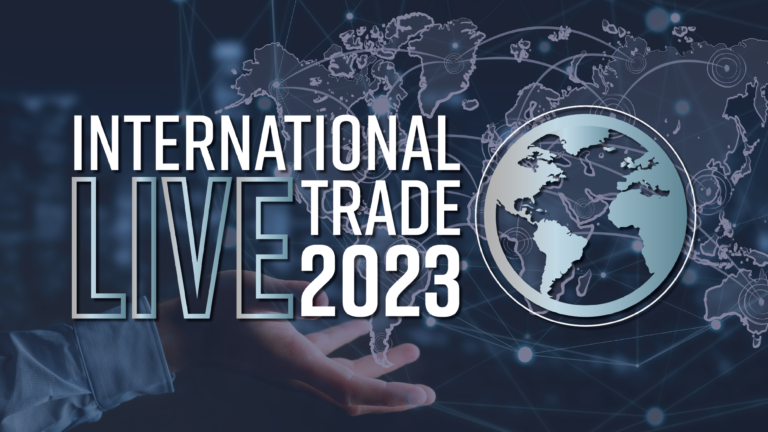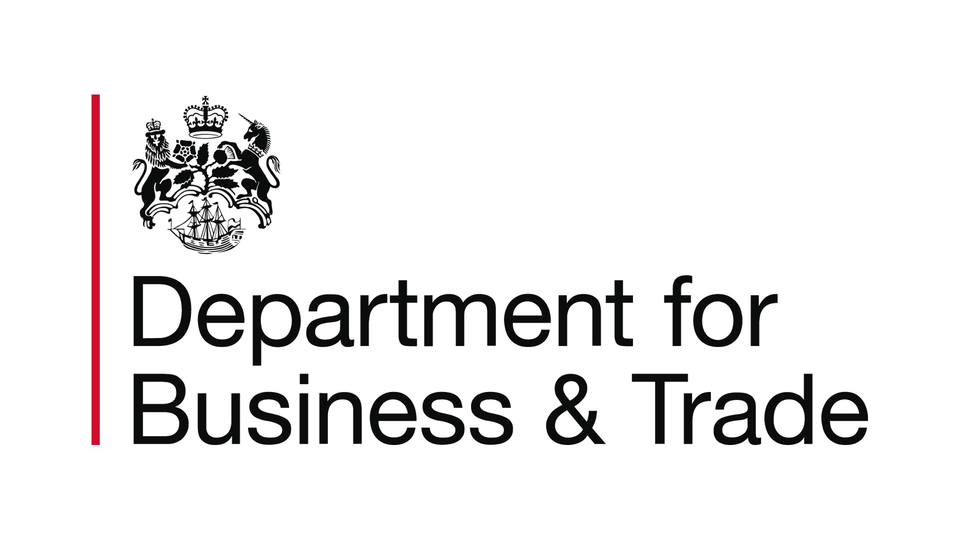ITM catches up exclusively with Tim Reid, Head of Business Group, UK Export Finance to find out the future landscape of international trade for the UK
Last year, UK Export Finance provided over £7.4 billion in support of exports to 61 countries. Why is it so important for British companies to receive this kind of support?
Not only does this figure demonstrate UKEF’s extensive support provided to UK businesses in the last year but our financing also supported 72,000 UK jobs and added a gross value of £4.3 billion to the economy. This results in more money in people’s pockets and job security for British workers.
There is huge potential for UK businesses to grow their operations and international footprint by exporting their services and expertise, and by becoming a key part of the supply chain for overseas projects: in 2021 alone, trade reached a record of $28.5 trillion.
In many cases, flexibility in access to finance is the final hurdle with contracts in need of guarantees or a requirement for production of goods ahead of payment. This is where UKEF steps in supporting businesses to win export contracts, fulfil contracts and get paid.
In the last five years, UKEF has provided £33.4 billion of support for exporters to facilitate international trade.
You recently announced a £2m export contract with Welsh soft play manufacturer Character Group. Why is it important to support SME businesses as much as big names?
SMEs are at the heart of economic growth. Vitally, they create local jobs – and we have supported companies across the country, from steel manufacturing in Teesside, to a children’s clothing company in South Wales, to offshore wind in Aberdeen. In 2021 alone, 81% of the companies supported with a UKEF product were SMEs – the highest annual figure on record.
One of the biggest challenges for SMEs can be cashflow, which means it’s potentially harder for them to secure and take advantage of export opportunities. UKEF has developed products to overcome this, such as the General Export Facility (GEF), created specifically to help SMEs looking for more flexible access to trade finance. The programme was incredibly successful last year, unlocking almost £250 million of working capital loans.
What unexpected challenges has UKEF faced in the wake of the pandemic and Brexit?
Supply chains are still recovering from pandemic restrictions –and Russia’s invasion of Ukraine will have long-lasting economic and geopolitical implications.
UKEF’s mission is to advance prosperity by ensuring no viable UK export fails for lack of finance or insurance, doing that sustainably and at no net cost to the taxpayer.
The Temporary COVID-19 risk Framework (TCRF) has provided £8.2 billion of support to businesses affected by the pandemic since its inception in April 2020. Flexibility in financial support is more critical today than it has ever been, ensuring that UK exporters of all sizes can continue to flourish.
On Brexit, leaving the EU has not affected the creditworthiness of our overseas customers, nor the liquidity of the private market – we are here to help UK exporters reach their potential overseas. Post Brexit, we have increased the support UKEF can provide in more than 100 markets around the world.
What does the future look like for the UK in terms of international trade and how is UKEF working to realise that future?
The UK Exports Strategy launched in November 2021, fired the starting gun on the Race to a Trillion, setting the target of UK exports hitting the £1 trillion mark by the end of the decade.
As part of this strategy, UKEF is backing the green economy by offering favourable terms to sustainable exports, as the need to address climate change becomes increasingly urgent.
Last year, UKEF provided 7.4 billion of finance without a single penny of new businesses for overseas fossil fuel projects.
UKEF was ranked as the world’s most sustainable export credit agency in 2021, and we provided £3.6 billion to finance hospitals, renewable energy and clean transport.
At COP 26 we joined with 39 other Export Credit Agencies and multilateral development banks in pledging to end support for fossil fuel projects by the end of 2022…











